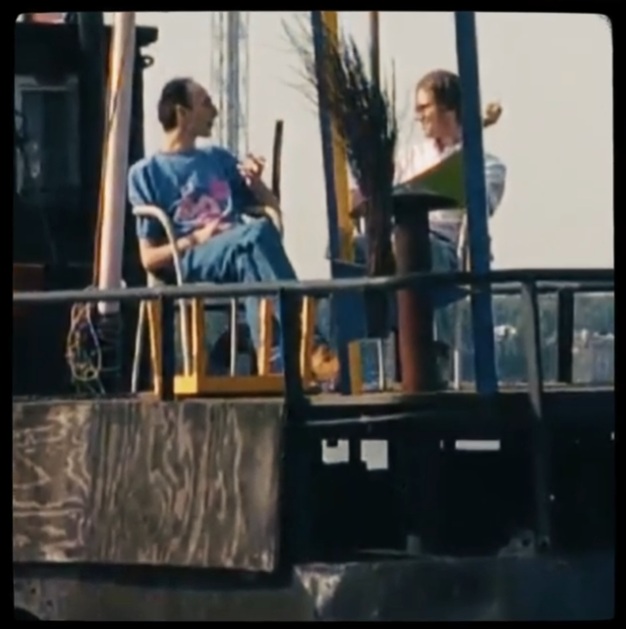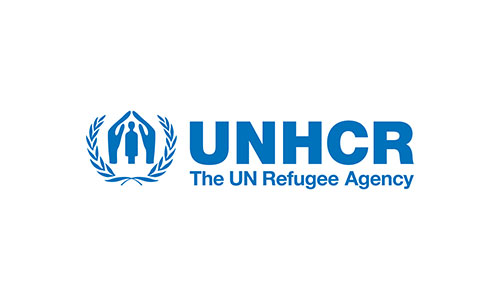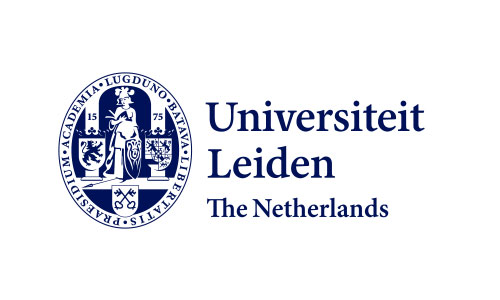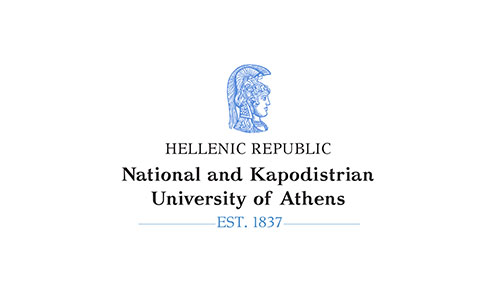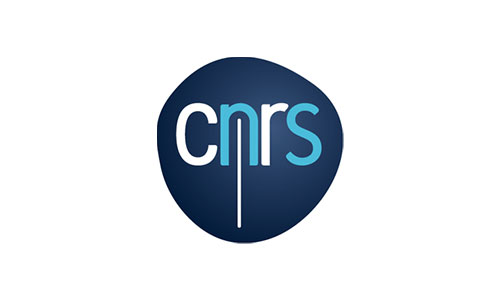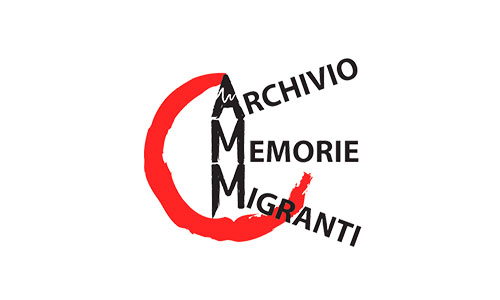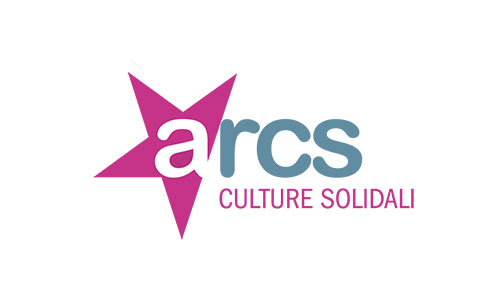Sexuality and Asylum: Progress and Ambivalence in the Netherlands, 1979–1986
The Netherlands was the first country in the world to offer refugee status to people persecuted on the basis of their sexual orientation. In this article we show that Dutch conversations on asylum on the basis of sexual orientation, while ground-breaking on paper, had little practical effect. We analyse three key achievements in the Dutch history of lgbtqi+ asylum: a 1980 parliamentary motion, a 1981 Council of State ruling, and a 1986 policy memorandum. All of these laid the foundation for refugees to receive asylum based on the grounds of their sexual orientation or gender identity. We argue that vagueness, which was part of the discussions on these three achievements, explains why the policy change on paper had so little effect in practice. Our sources indicate that vagueness was at least in part a deliberate choice by policy makers.

